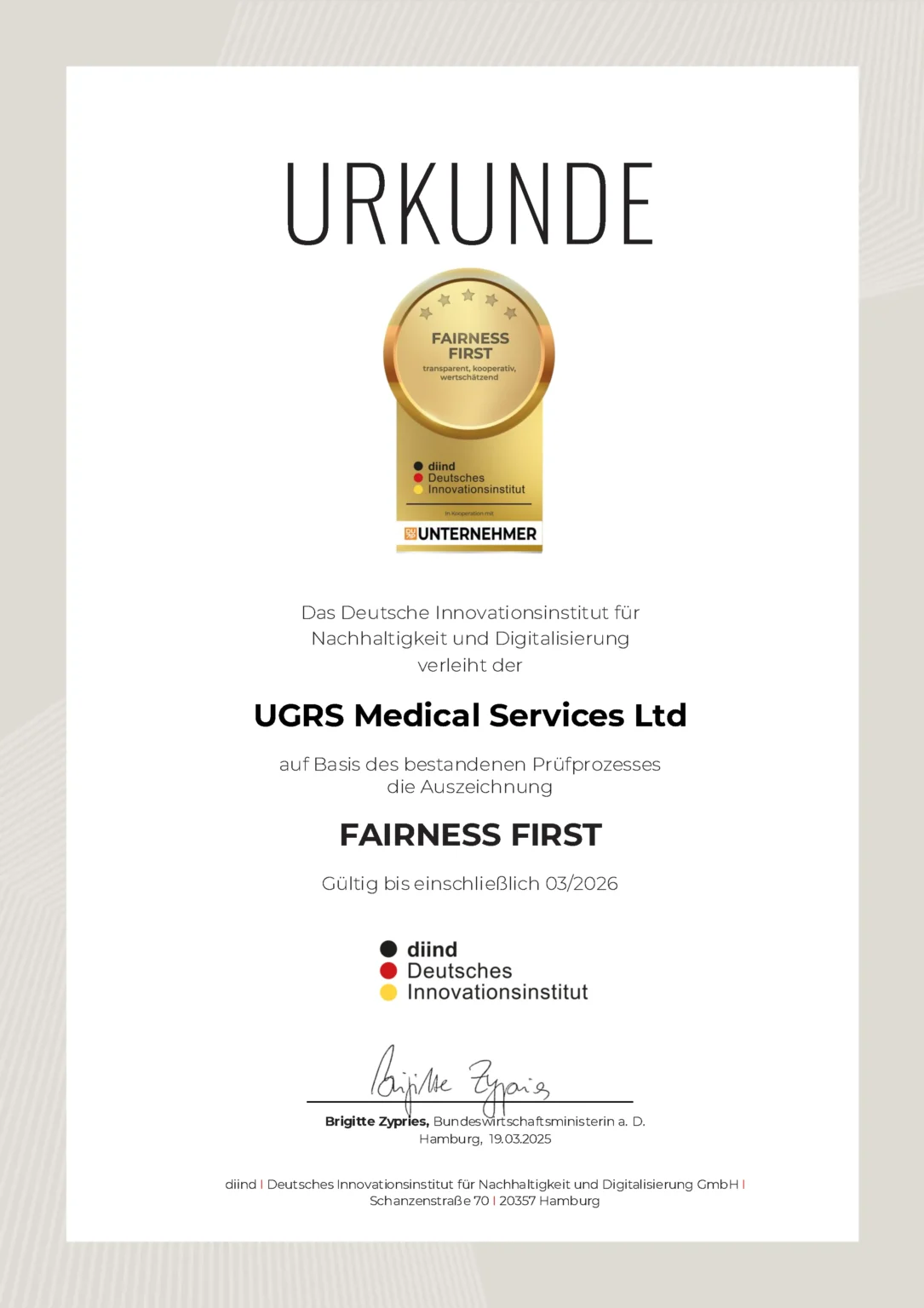Home » UGRS.Knowledge – Glossary on Penis Enlargement, Anatomy & Urology » Incontinence aids for men
Incontinence aids for men
Incontinence aids for men are medical aids that are used to manage urinary incontinence – the involuntary loss of urine – in everyday life. They help to stop the leakage of urine, protect the skin and enable the person affected to lead a safe, active life. There are different types of these aids, depending on the type of incontinence and individual needs.
What is urinary incontinence?
Urinary incontinence refers to the uncontrolled loss of urine. It can occur temporarily or permanently and can have various causes – e.g. prostate disease, bladder weakness, neurological disorders or pelvic surgery.
What incontinence aids are available for men?
1. inserts and templates
- Absorbent pads that are worn in special fixation pants or inserted into underwear.
- Different absorbencies available.
- Discreet and easy to use.
2. condom urinals
- Also: external catheters or urinary condoms.
- A condom-like system that is slipped over the penis and directs the urine through a tube into a leg bag.
- Particularly suitable for mobile men with functioning bladder emptying but lacking control.
3. leg and bed bag
- Collection bags with various sizes and fastening options.
- Often used in combination with condom urinals or catheters.
- Hygienic emptying and partially reusable.
4. pants (incontinence pants)
- Absorbent pants that can be worn like normal underwear.
- Particularly practical for active users.
5. catheter systems
- Indwelling catheters or disposable catheters that drain urine directly from the bladder.
- Usually prescribed by a doctor and medically supervised.
Aim of the aid
- Safety in everyday life
- Hygiene and skin protection
- Social participation without fear of “accidents”
- Support with care or self-care
Good to know
Many men are reluctant to seek help – but there are discreet, effective solutions. Individual advice from specialist staff (e.g. medical supply store, urologist, nurse) helps to find the right solution.
This content is for general information purposes only and does not constitute medical advice, diagnosis or treatment recommendations. It is in no way a substitute for a professional examination or treatment by a licensed physician. If you have any health complaints or uncertainties, please always consult a medical professional – especially if you have any questions about intimate surgery or sexual health.








